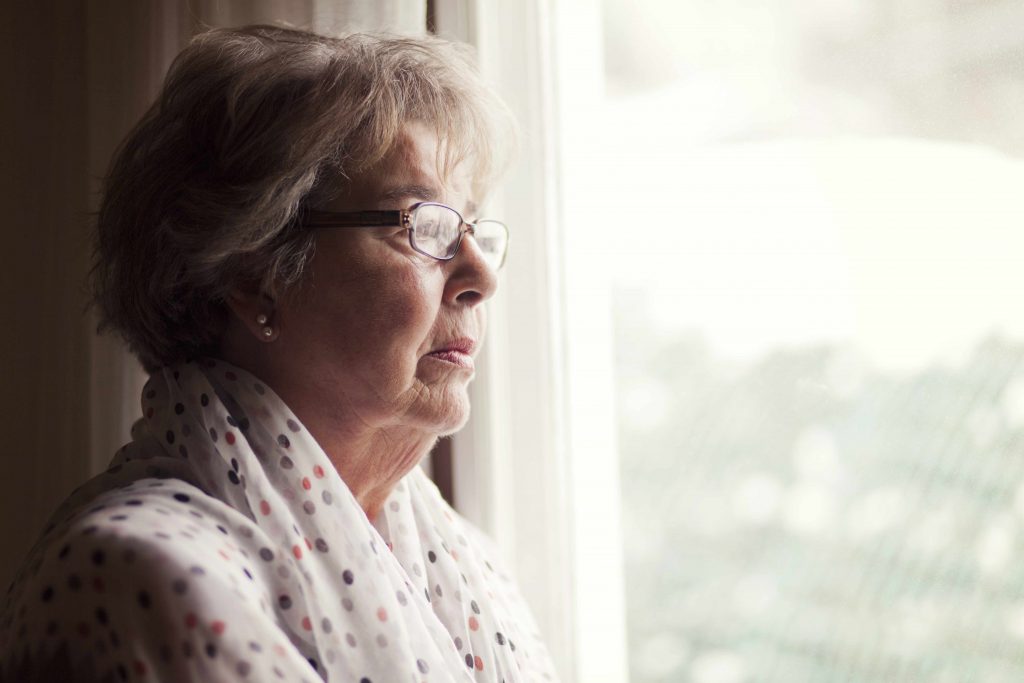-
Featured News
Mayo Clinic Q and A: Depression in older adults

DEAR MAYO CLINIC: My mother is 84 and still lives at home. Over the past couple of months, she has been sleeping more and doesn’t have a lot of energy or an appetite. She has wondered out loud if she is depressed, but she’s never had depression before. Could that be the problem, or should we be concerned about something else causing her symptoms? Should she see her doctor about this?
ANSWER: It would be a good idea for your mother to see her health care provider at this time. Her symptoms might be related to depression, or they may signal another underlying medical condition. Either way, it’s likely that an evaluation can help uncover the source of the problem, and treatment could help her feel better.
Depression is a mood disorder that often causes persistent feelings of sadness, as well as other symptoms, such as sleeping too much or too little, lack of energy and lack of appetite. While your mother hasn’t suffered with depression before, it definitely is possible to develop depression for the first time at her age. Depression is not a normal part of growing older, and symptoms that could point to it need to be addressed.
Depression often goes undiagnosed and untreated later in life, and some older adults may be reluctant to seek help for it. Depression in this age group also can be more challenging to diagnose because its symptoms tend to be different or less obvious in older adults than in those who are younger. For example, it is much more common for people later in life to experience only physical symptoms of depression without feeling sad or having low mood.
Various changes that happen as people age make them more prone to depression than they may have been in their younger years. The most common is chronic pain that arises as a result of health conditions such as osteoarthritis. The toll that chronic illnesses such as diabetes, cardiovascular disease and cancer can take on a person’s daily life also can affect the development of depression.
Another factor that can contribute to depression later in life is the struggle many people experience with changes in their identity, roles and social groups that come with advancing age. People who have always been productive, responsible, active members of their communities and families may start to feel like they are no longer needed or valued. The deaths of friends and family members can lead to feelings of grief and loss, as well as shrinking opportunities for social interaction and a growing sense of isolation.
Before your mother’s symptoms are attributed to depression alone, however, it is important that she see her health care provider to be evaluated for other underlying medical issues that could be causing her symptoms. Common health concerns in older adults that may trigger the kind of symptoms your mother is experiencing include anemia, urinary tract infections, thyroid problems, chronic pain or even malnutrition. In some cases, certain medications can contribute to symptoms of depression, so a review of your mother’s current medications also would be worthwhile.
If no underlying medical condition is found and your mother is diagnosed with depression, several effective treatment options are available, including medication and psychotherapy. Healthy lifestyle choices, such as regular exercise, good sleep habits, engaging social interaction and a balanced diet may help, too. — Dr. Janette Leal, Psychiatry, Mayo Clinic, Rochester, Minnesota
****************************
Related Articles
- Women’s Wellness: Understanding the depression gender gap published 1/31/19
- Mayo Clinic Q and A: Transcranial magnetic stimulation may ease depression symptoms published 9/18/18
- Home Remedies: Can fish oil supplements treat depression? published 6/6/18
- Home Remedies: Are natural remedies effective for depression? published 10/11/17







